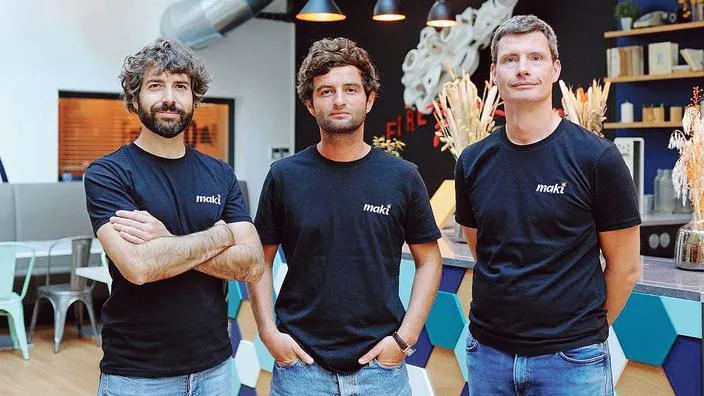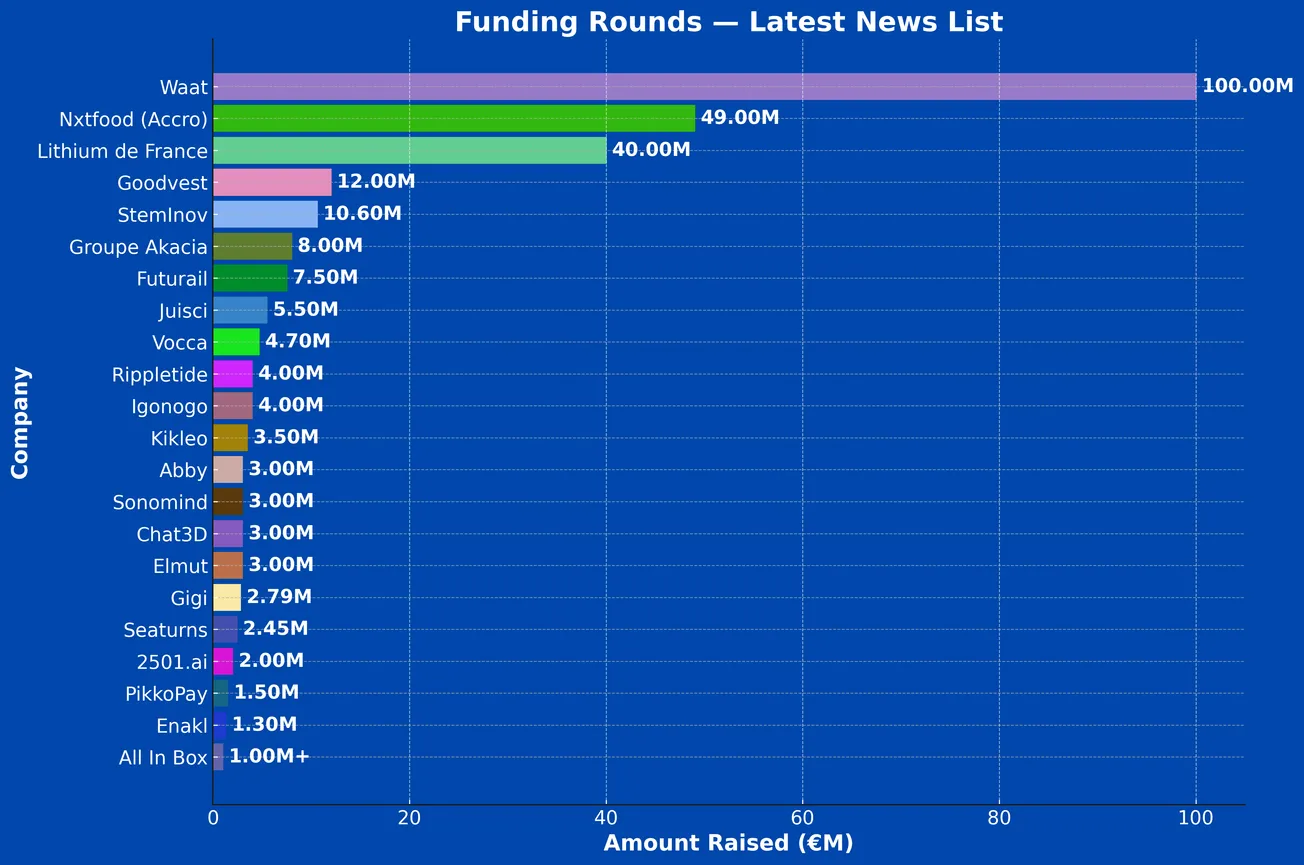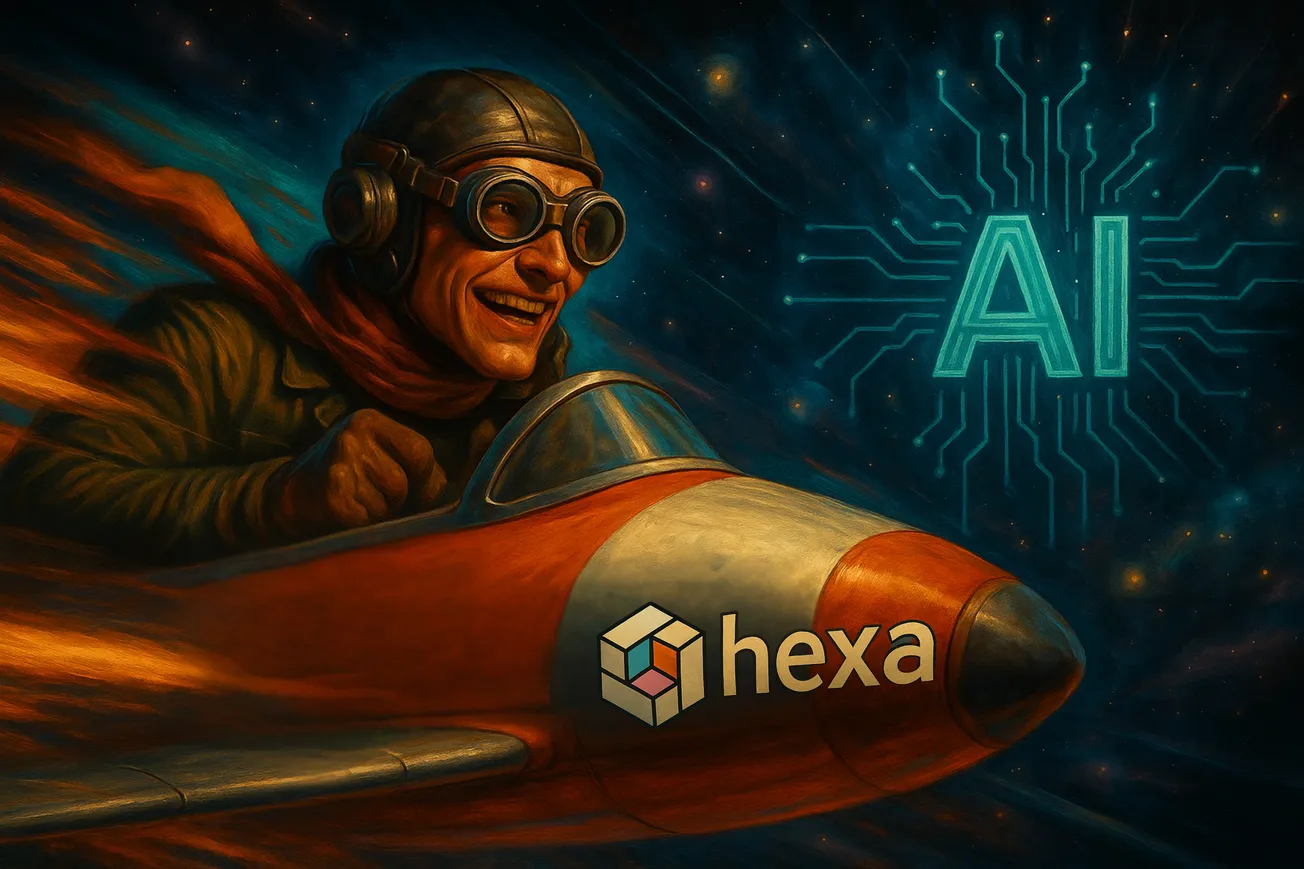How Maki Wants To Transform HR With Conversational Agents
The French AI startup raised $28.6M in a Series A round. CEO Maxime Legardez: "I think this will be a complete revolution."

Latest

French Tech Funding Wire September 26: Waat, Nxtfood, Goodvest & More!
Between September 22 and September 26, a total of 23 companies raised €€271.8M, including: Lithium de France, StemInov, Groupe Akacia, Futurail, Juisci, Vocca, Rippletide, Igonogo, Kikleo, Abby, Sonomind, Chat3D, Elmut, Gigi, Seaturns, 2501.ai, PikkoPay, Enakl, and All In Box.

🇫🇷 French Tech Wire: One Man's Trash Is Another's Tech Sovereignty
€500M+ flows to European AI/deeptech funds as sovereignty takes center stage. Phenix saves 75M meals from food waste, MagREEsource recycles rare earth magnets to cut China dependence, Waat raises €100M for EV charging expansion across Europe.

Phenix and the Fight Against Food Waste: Scaling Passion into Impact
From leftover baguettes to unsold biscuits, Phenix is proving food waste can fuel growth. With 75M meals saved in 2024 and 16,000 stores onboard, CEO Simon Baldeyrou is scaling passion (and plenty of croissants) into Europe’s fight for zero waste.

Europe’s Secret Sovereignty Weapon Against China: Recycled Magnets From MagREEsource
From old e-scooters to wind turbines, a Grenoble-based startup is recycling rare earth magnets to cut Europe’s 98% dependence on China. With tech born in the lab and backed by millions in funding, MagREEsource is turning waste into Europe’s path to sovereignty and sustainability.




